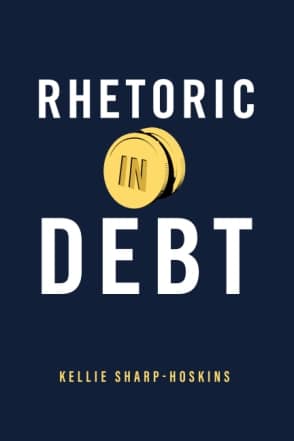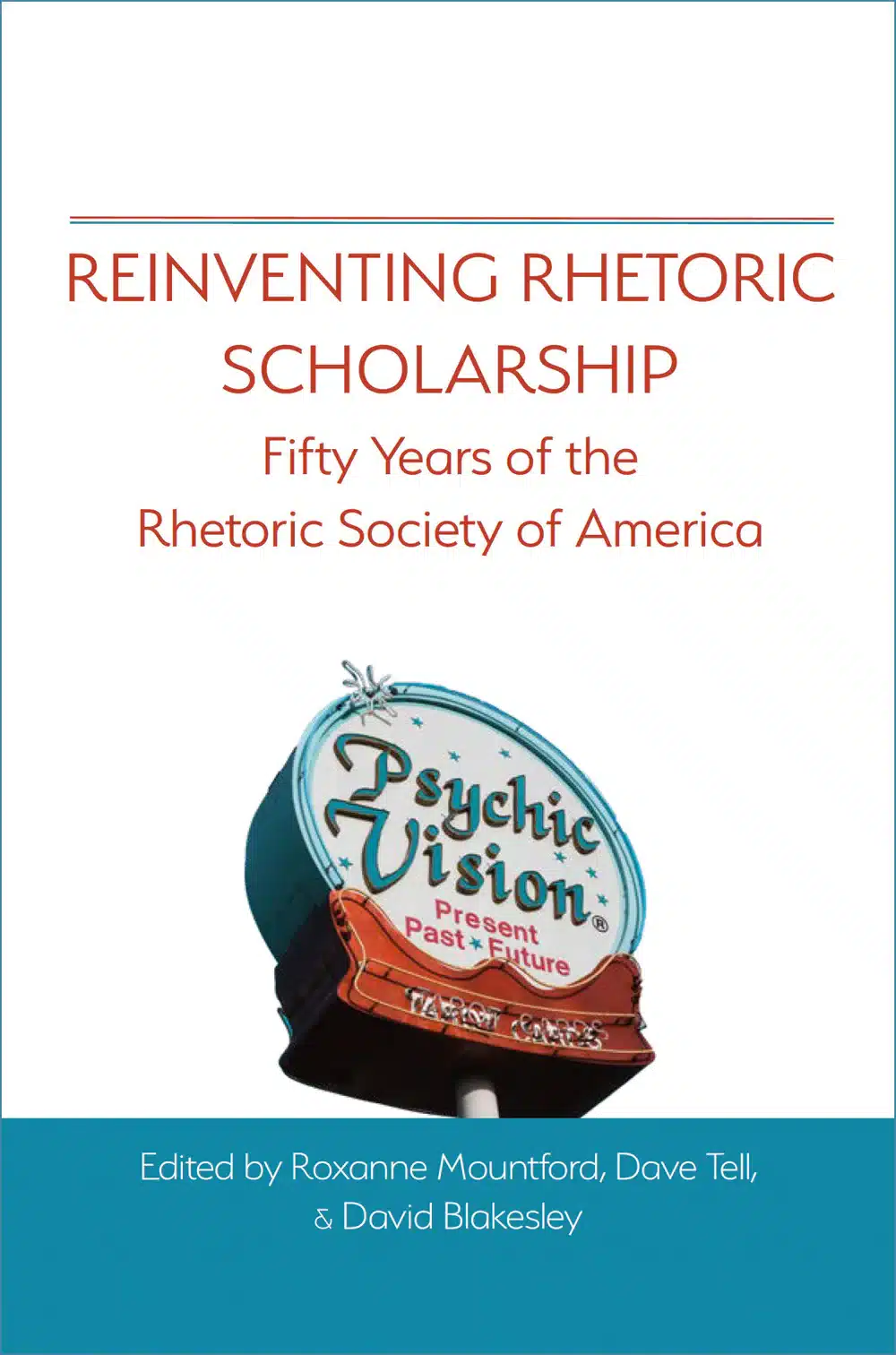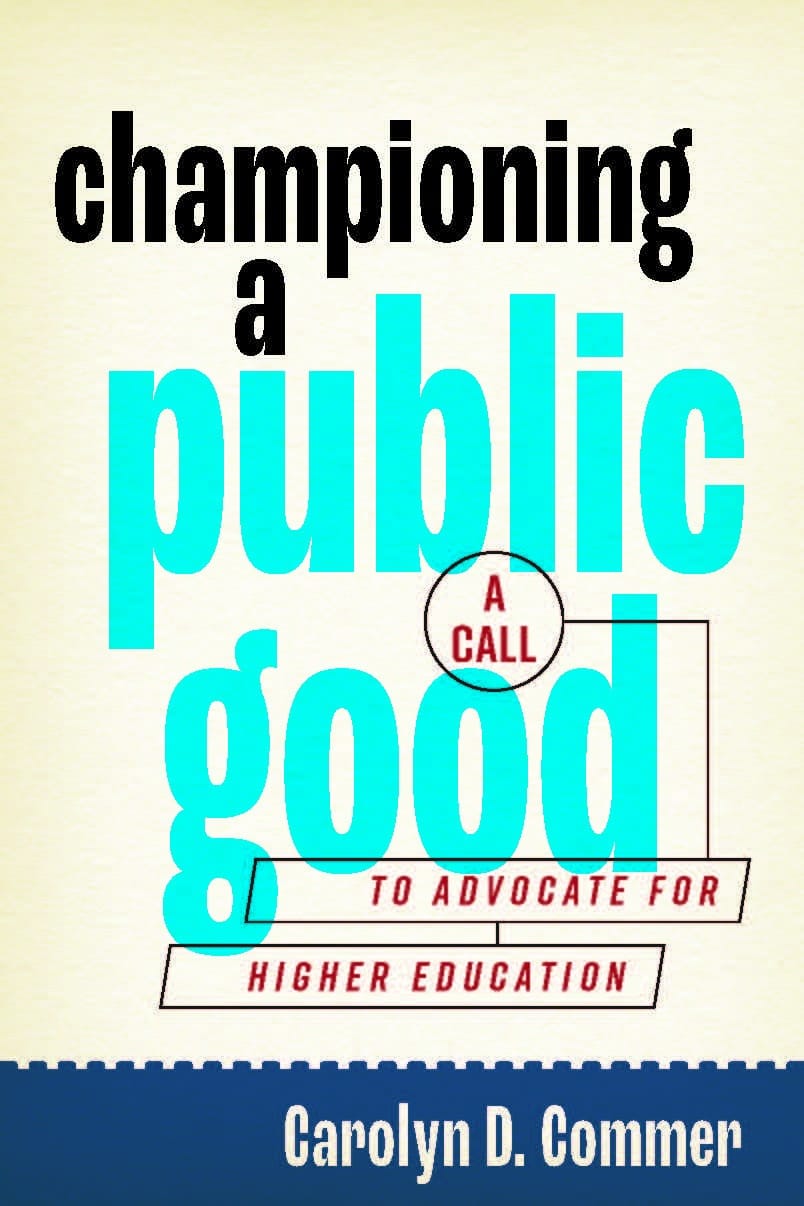
Rhetoric in Debt
In recent years, household indebtedness in the United States reached its highest levels in history. From mortgages to student loans, from credit card bills to US deficit spending, debt is widespread and increasing.
Drawing on scholarship from economics, accounting, and critical rhetoric and social theory, Kellie Sharp-Hoskins critiques debt not as an economic indicator or a tool of finance but as a cultural system. Through case studies of the student-loan crisis, medical debt, and the abuses of municipal bonds, Sharp-Hoskins reveals that debt is a rhetorical construct entangled in broader systems of wealth, rule, and race. Perhaps more than any other social marker or symbol, the concept of “debt” indicates differences between wealthy and poor, productive and lazy, secure and risky, worthy and unworthy. Tracking the emergence and work of debt across temporal and spatial scales reveals how it exacerbates vulnerabilities and inequities under the rhetorical cover of individual, moral, and volitional calculation and equivalency.
A new perspective on a serious problem facing our society, Rhetoric in Debt not only reveals how debt organizes our social and cultural relations but also provides a new conceptual framework for a more equitable world.
Buy Now



